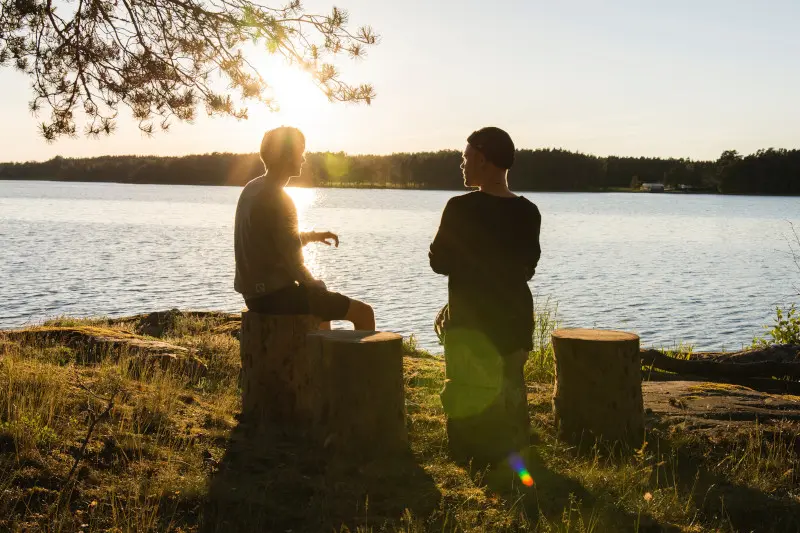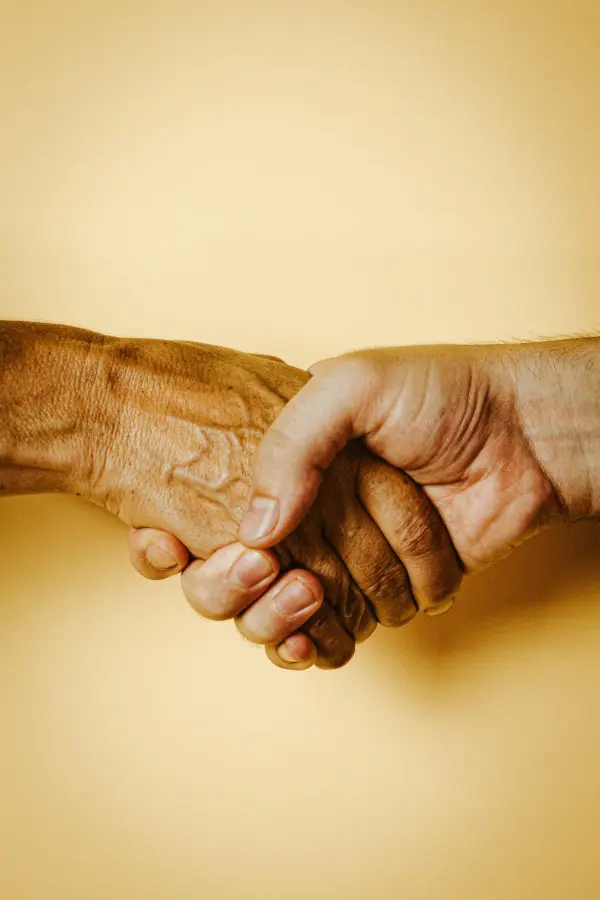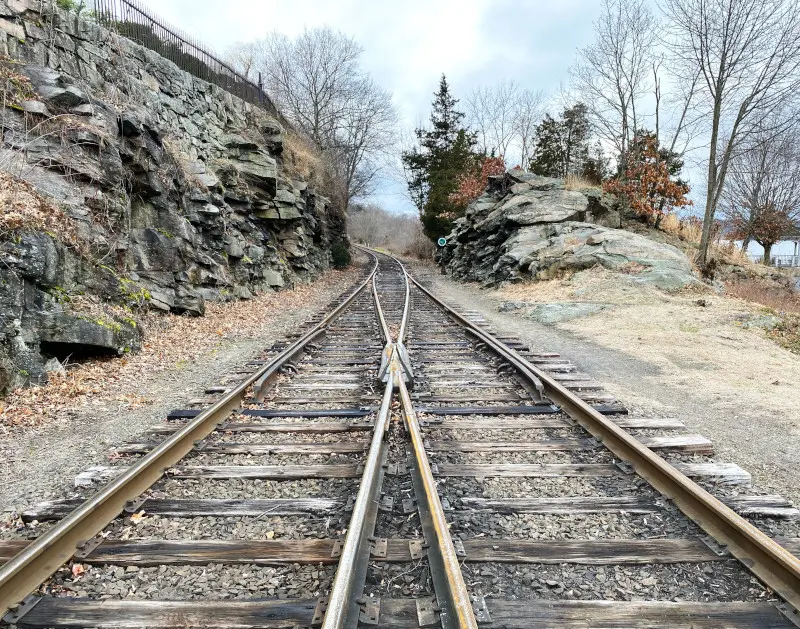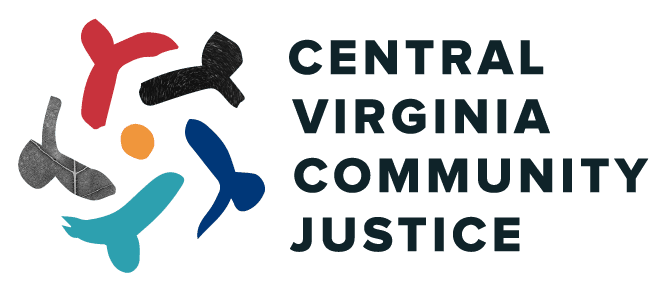Is Restorative Justice Right For Me?

Are you someone who has been harmed and thought:
- “I just want to have a conversation with the person who harmed me, to find out why they did it.”
- “I want the person to admit what they did, but I don’t know if I want them to go to jail.”
- “I want the person to get help for their issues so they don’t do this again.”
- “I want to tell the person exactly how this affected me.”
- “I don’t want to testify in court or be a part of a legal process.”
Are you someone who is responsible for harm (or been charged with a crime) and thought:
- “I really wish I could say, ‘I’m sorry’ directly to the person I hurt.”
- “I feel guilty about what I did and want them to know that I want to change.”
- “I wish I could have a conversation with the person I hurt and find out what would help them the most.”
- “I want to make amends for what happened.”
- “I need help to change some habits and behaviors that got me here.”


What are the risks of a restorative process?
- Revisiting the experience again can be challenging or painful
- The other person might not be as sympathetic to you as you had hoped
- Face-to-face conversation and making decisions together can be hard – some people find it easier to simply let the court decide, or to “do the time” and forget about what happened
How can I benefit from being a part of a restorative process?
- You can ask for what you need to move forward
- You receive support to prevent the situation from happening again
- You gain a better understanding of the other person’s experience, and they will have a better understanding of yours
- You can play an active part in deciding when, where, and how to solve the problem, and who else to have involved
- There is an opportunity to make amends, heal, repair relationships, or find closure
- You avoid the potential costs, indignities, and inflexibilities of the legal system
- You get to be part of a growing restorative justice movement that has been shown around the world to improve accountability, public safety, resilience, equality, and self-reliant communities

To find out more or make a referral, please call CVCJ at (434) 260-0322 or email info@CommunityJusticeVA.org.
